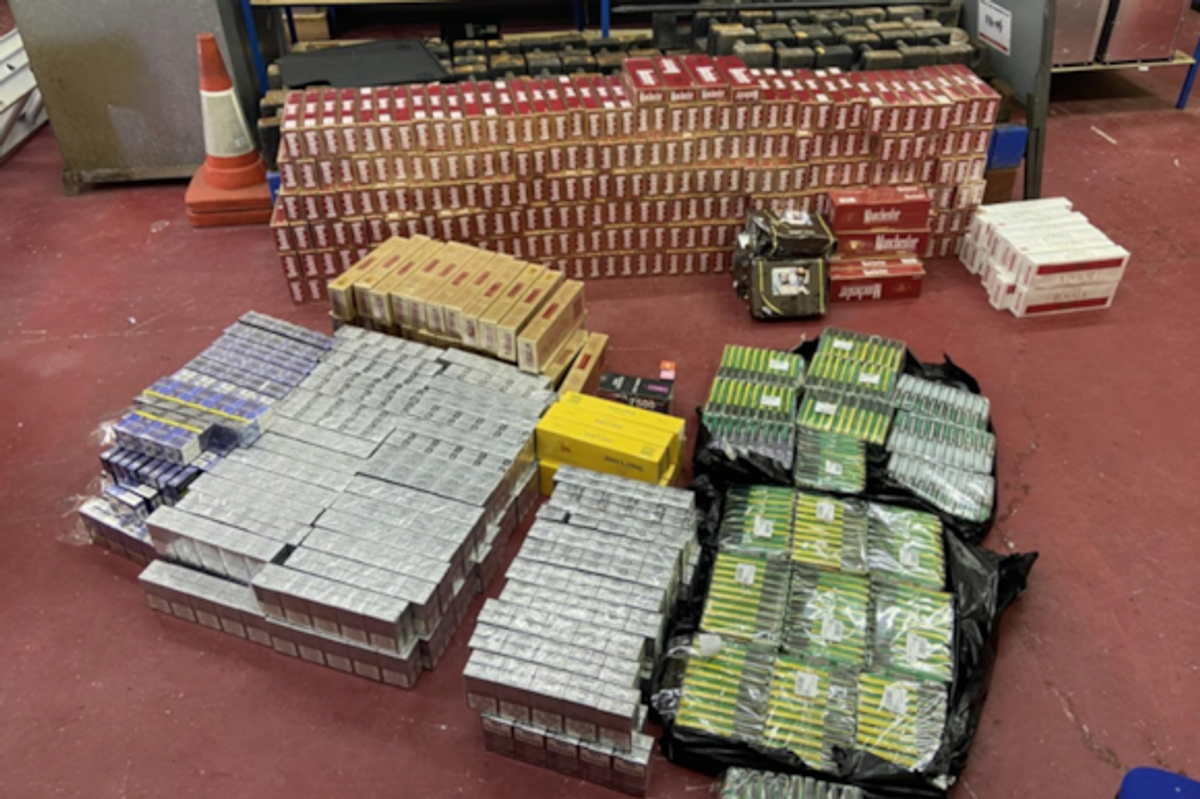An intensive crime network, state-of-art confining techniques, Facebook groups, fake company directors and migrants working illegally in mini-marts on High Streets the length of Britain are some of things that form the structure of illegal tobacco trade.
According to a BBC investigation report released today (Nov 5), the fake company directors are paid to put their names to official paperwork, and have dozens of businesses listed on Companies House, but are not involved in running them.
Asylum seekers are being told through social media and otherwise too how easy it would be for them to take over and run a shop and make big profits to the amount of "sometimes, up to £3,000" by selling illegal vapes and cigarettes.
Many of these businesses are dissolved after about a year, and then re-opened with small changes to official paperwork.
After a close follow-up of some Facebook groups where businesses were listed for sale, the BBC investigators, posing as asylum seekers, came across a Cheshire man who offered them a mini-mart for £18,000 cash. They were told that they do not need anything" to own and run a mini-mart as an asylum seeker.
Most of the shops were on rundown High Streets in some of the UK's most deprived areas, such as Blackpool, Bradford, Huddersfield and Hull.
All but one of the shops sold counterfeit or smuggled cigarettes for about £4 per pack, instead of the average UK price of £16 for a pack of 20.
The undercover investigators were told how they can hide the illegal stock in a "stash car" parked nearby the store as well as to make a "hiding spot" in the shop's basement, and how to tamper with the electricity meter to avoid paying utility bills.
The investigators were also able to find many builders willing to build a space to help the undercover investigators conceal illegal vapes and cigarettes.
Some of the concealment techniques offered to the investigators were boasted as sniffer-dog proof.
The BBC investigations also found a couple of men who were the owner of the company owing these mini-marts.
Birmingham-based Ahmad Ali listed on Companies House as being from Iraq, is a director of more than 50 other businesses including mini-marts, barbers and car washes.
In October 2024, he had been disqualified from being a company officer for five years. Separately, he pleaded guilty to his involvement in the sale of illegal cigarettes in Lincolnshire and was sentenced to six months in prison, suspended for 18 months.
Another man, Ismael Ahmedi Farzanda, was found to be a ghost director and responsible for 25 mini-marts. He was fined £4,500 in August after one shop, registered in his name in Haslingden, Lancashire, was caught selling illegal vapes to a 14-year-old, according to local media reports.
Seventeen shops registered under the names of Ahmad Ali and Farzanda have been raided since 2021 with illegal tobacco and vapes seized, Trading Standards sources confirmed.
The BBC report also states that such companies would be set up for a year, dissolved, and then set up again, each time with a slightly different spelling of the businesses' names. The men's names and birthdays would also be changed slightly.
The government says it has increased raids by 51% and this year raised the fines for businesses to £60,000 per person found working illegally.
Reacting to BBC investigation, Home Secretary Shabana Mahmood, said, "Illegal working and linked organised criminality creates an incentive for people to come here illegally. We will not stand for it."
Mahmood added that the government has "seized millions of pounds worth of unlicensed goods, banned dodgy directors and removed more than 35,000 people with no right to be in the UK."


